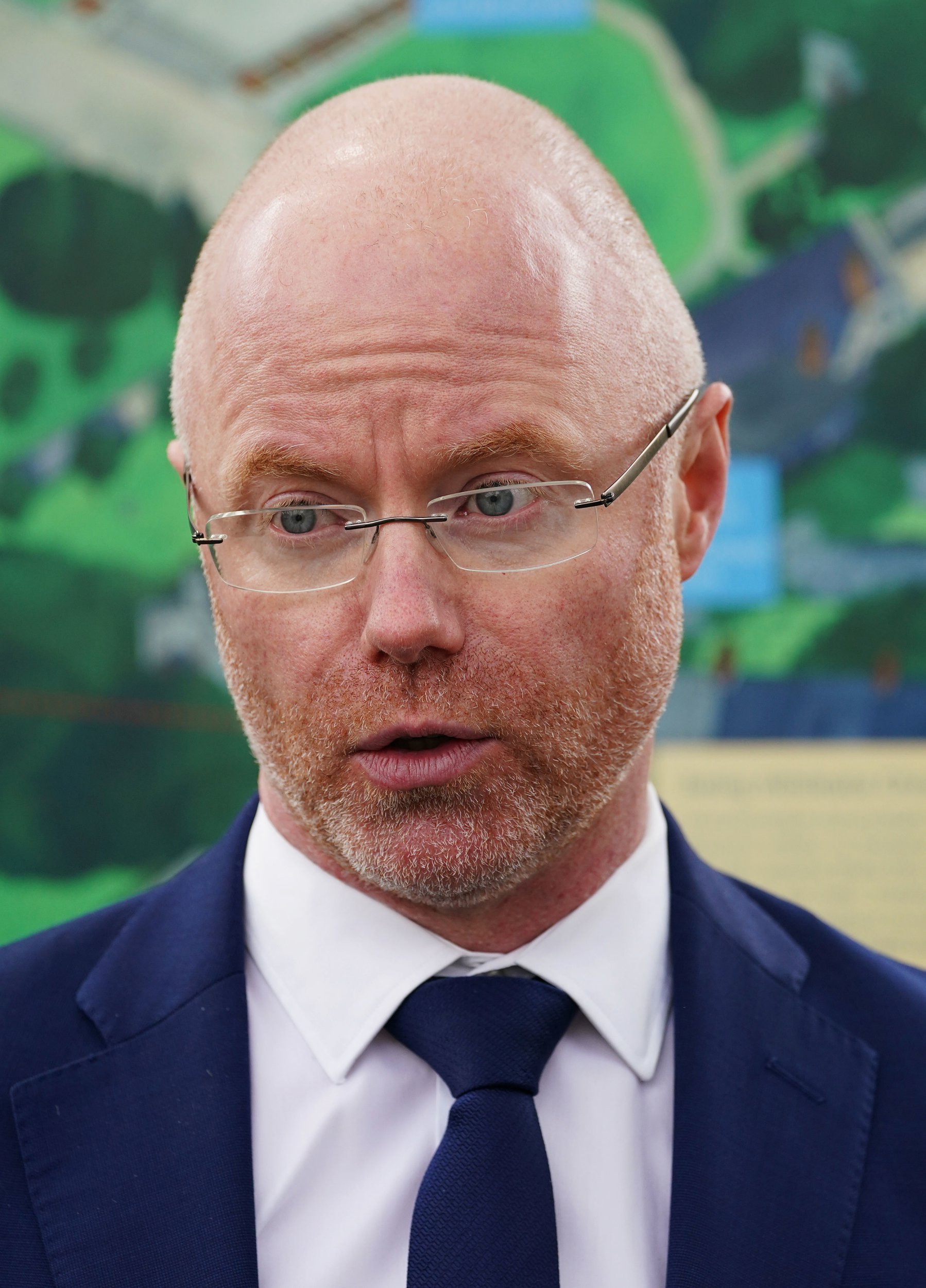
Cat brought to vet has more protection than patient in dentist’s chair – inside grim reality of Ireland’s dental crisis
ANYONE can run a dental clinic in Ireland - even though not being registered with the Dental Council is a criminal offence.
Last year, RTE Investigates uncovered a number of serious patient safety concerns within the industry.
They were reports of several practitioners claiming to be dentists while unregistered — including one person who has been convicted of a sexual assault.
Legislation covering dentistry in Ireland is more than 40 years old. The Irish Dental Association has consistently called for the Dentist’s Act 1985 to be updated and modernised to tackle these loopholes.
Writing in The Irish Sun today, Social Democrats TD Roisin Shortall argues there is a deepening crisis in dental care in Ireland that must be fixed.
A CAT attending their local vet has more protections than a patient in a dentist’s chair. That’s the grim reality of dental healthcare in Ireland.
Read more in News
Access to dental services in this country is in crisis, with regulation of the profession hopelessly outdated.
The current model of care for public dentistry is no longer fit for purpose — and it is failing patients. For decades, it has been a Cinderella service, with successive governments utterly neglecting it.
The school screening programme is one of the most alarming examples. Children are supposed to have free check-ups in second, fourth and sixth classes with HSE dentists.
But some are not getting their first appointment until they are in fourth year of secondary school due to mounting waiting lists and a staffing crisis that saw a 23 per cent reduction in the number of HSE dentists between 2006 and 2022.
Most read in The Irish Sun
There are an estimated 104,000 pupils on a waiting list for the school screening dental service out of 208,000 eligible children. In the past five years, there has been a 31 per cent reduction in children seen by HSE dentists.
And it seems that the only solution from Stephen Donnelly, the Minister for Health, is to outsource the problem.
Instead of committing to building up the capacity of public dental services, he has suggested outsourcing children’s dental care to the private sector.
That is not a viable long-term plan. Even dentists in private practice don’t think it’s a good idea as they simply don’t have the capacity.
Scheme in crisis
The Dental Treatment Service Scheme for medical card patients is also in crisis, with the number of participating dentists dropping by almost 50 per cent in the last ten years. Of the 810 dentists currently signed up to the DTSS, only 600 are active.
Just 284,000 patients received treatment under the DTSS last year — a decrease of over 150,000 patients compared to 2013.
There are significant problems with how the DTSS operates. For example, the scheme restricts the number of treatments allowed to save a tooth, such as fillings, but permits an unlimited number of extractions.
Given the importance of retaining as many natural teeth as possible, restricting preventative treatments makes no sense.
Long-running issues
One of the long- running issues with the DTSS is the major gap between the current fees paid to private dentists by the HSE under the scheme and the costs they incur in providing their services.
In May 2021, the Minister for Health announced that he would instruct his officials to begin talks on a new scheme as a matter of urgency. Yet, three years later, the Irish Dental Association are still waiting for formal discussions to begin.
Progress has moved at snail pace since the national oral health policy, “Smile agus Slainte”, was published in 2019.
One of the key actions in this policy was to bring forward a new Dentists Bill, as existing legislation is almost 40 years old.
Bill needed urgently
Frustratingly, the heads of the bill have yet to be drawn up.
The need for this bill is urgent. Last year, RTE Investigates uncovered serious patient safety concerns, including 37 dentists who have worked in Ireland despite having been sanctioned in other jurisdictions.
One case involved an individual who had been convicted of sexual assault.
Despite such unacceptable risks to patients, the Dental Council does not have the appropriate enforcement powers to take action against people practising dentistry while unregistered — or even to enter or inspect a dental practice.
Good comparison
Vets are a good comparison as they operate primarily in the private sector like dentists. However, their regulatory body, the Veterinary Council of Ireland, maintains a register of practices, has the power to set standards, inspect practices and initiate investigations. The Dental Council does not have these statutory powers.
Since 2015, the Dental Council has been unable to investigate 37 dentists who have sanctions or restrictions imposed on their work in other jurisdictions. In contrast, the Vet Council received 65 complaints in 2021 — ten of which led to Fitness to Practice Inquiries.
This time last year, I tabled an amendment to the Regulated Professions Bill to provide a mandatory continuing professional development scheme for dentists, in line with other healthcare professionals. However, the Government voted down my amendment.
The question must be asked: How much longer can the Minister stand over a situation where, in theory, a dentist can walk out of dental school, and over their entire career never be asked to show how he or she has been keeping their skills current?
Govt’s ‘blind spot’
Last year, Minister Donnelly admitted that the State has had a “blind spot” when it comes to oral health — but he’s done nothing to change that.
Like his predecessors, he has failed to prioritise dental healthcare reform and has allowed almost every aspect of the service to teeter on the brink of collapse.
These serious issues in dentistry cannot be allowed to deteriorate any further.
We need the Minister for Health to show some urgency.









